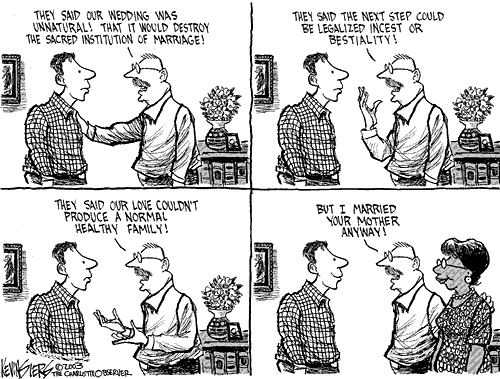- Amy King
- Gay May Not Be the “New” Black, but…
Gay May Not Be the “New” Black, but…

Contributor




Writing Status Badges
Writing Status Badges help you distinguish yourself based on different stages of your writing life cycle.













Brainstorming

Outlining

Researching

Writing

Revising

Querying

Preparing to Publish

Under Contract

Publishing

Promoting

Blogging

In Between Projects
Writing Status Badges
Writing Status Badges help you distinguish yourself based on different stages of your writing life cycle.













Brainstorming

Outlining

Researching

Writing

Revising

Querying

Preparing to Publish

Under Contract

Publishing

Promoting

Blogging

In Between Projects
Featured Members (7)
Writing Status Badges
Writing Status Badges help you distinguish yourself based on different stages of your writing life cycle.













Brainstorming

Outlining

Researching

Writing

Revising

Querying

Preparing to Publish

Under Contract

Publishing

Promoting

Blogging

In Between Projects
Featured Groups (7)
Trending Articles
RELATED ARTICLES
Comments

































